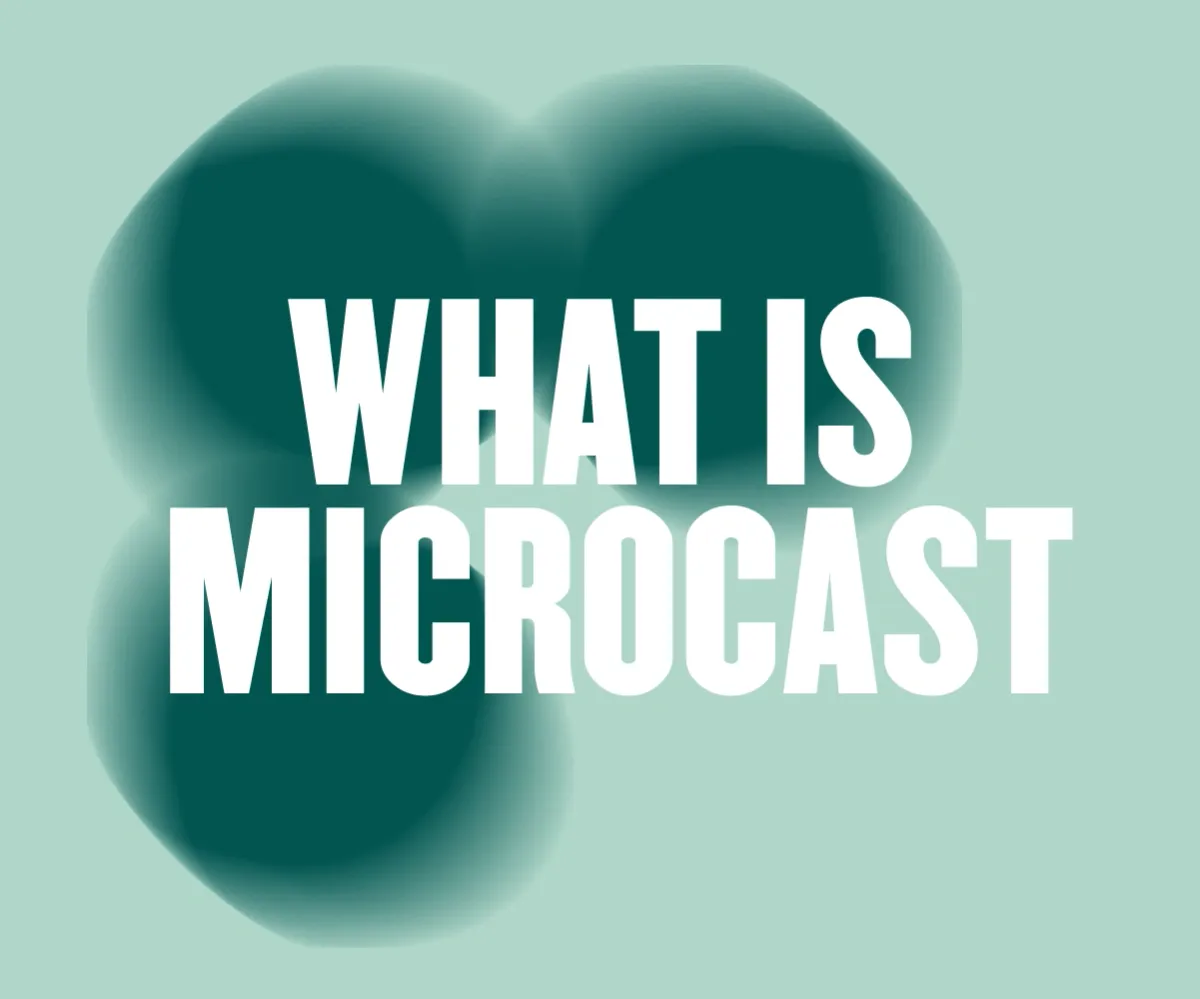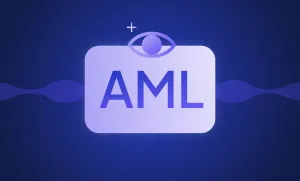“The microcast is a perfect medium for frequent communications. It’s great for musicians, but actors or musicians could conceivably use it to build attention around a current project, film, or album.“
Lars Murray, a former executive at Sony Music.
Well, you might not even have heard of such the term “microcast”, but the industry experts already mention it as a new trend in podcasting.
Let’s fill in this gaps, by first understanding:
What is microcast?
Microcast is a mini-podcast. It’s shorter, usually 7-10 minutes long, but you can record even 2-3 minutes long ones.
Microcast is the recent trend of bringing podcasting closer to the forever-rushing audiences’ needs. On average, podcasts last from 35-40 minutes, which might be pretty unsuitable for modern day schedules.
Microcasting for the audio recording industry is the same as TikTok for video content providers.
It’s the opportunity to present information in a shorter, condensed manner, attracting more audiences.
Why is microcasting beneficial for the listeners?
Short and quick are undoubtedly the new synonyms for convenience. That’s why the less of your audience’s time you spend, the better.
Microcasts provide the same value by taking less time from a modern consumer. Of course, the wording of “the same value” might be an exaggeration here. However, microcasts can translate the core idea of the podcast in fewer minutes.
When the content easily suits your schedule of many meetings and long hours of work, it is easier to become a permanent consumer.
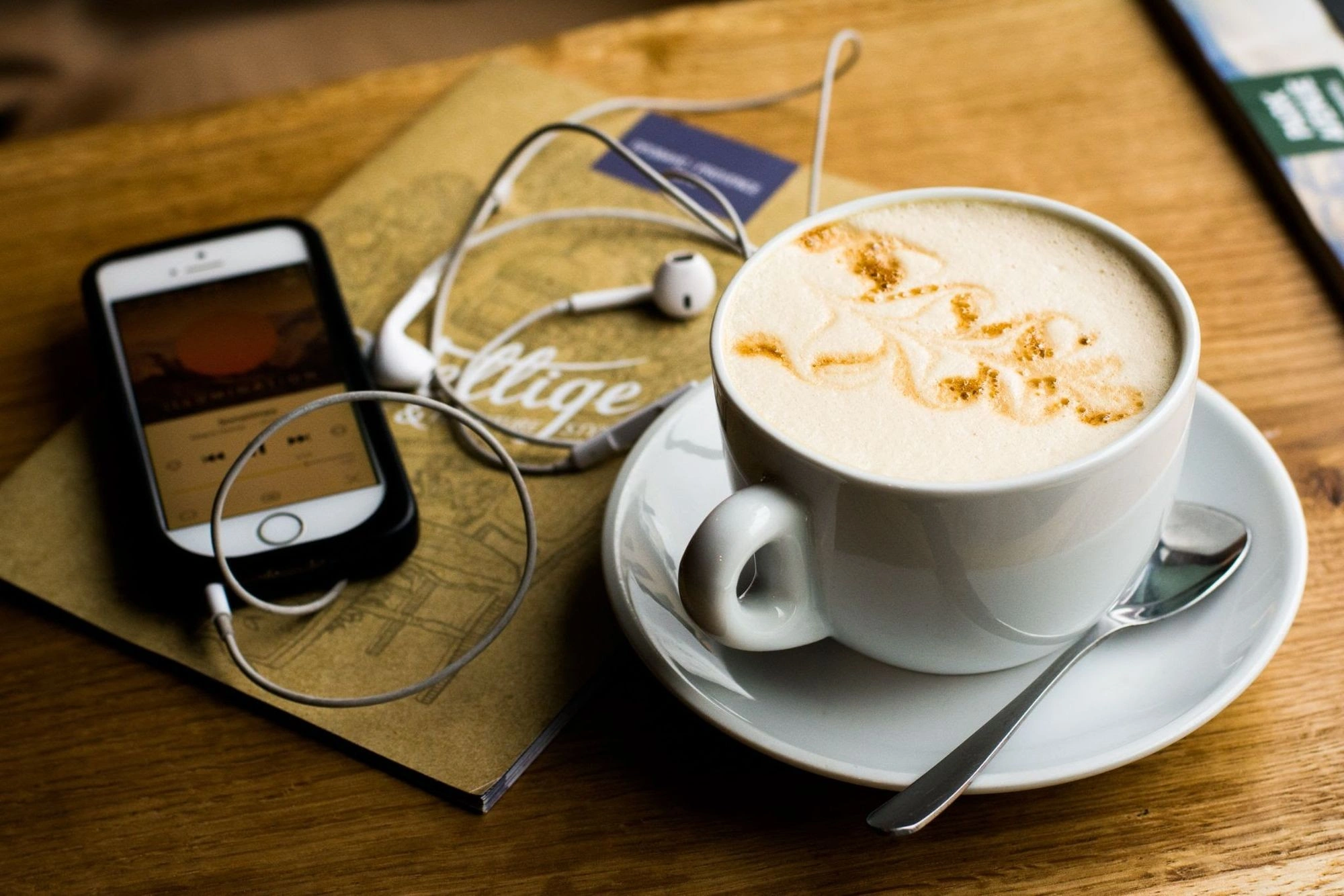
Also, microcosm better fits the attention span of the users. Your listeners are less likely to get bored while learning about the same topic for 5-6 minutes compared to 45-60 minutes.
It’s said, podcasting is a great companion when commuting. Microcast goes well with quick everyday activities, like brushing the teeth, having breakfast, etc.
Also, listeners are engaged with microcasts better, as it provides them with fresher content.
As podcasts take longer to make, they usually cover events that took place in a larger period of time and discuss them in more detail. On the contrary, microcasts can be the form of the daily fresh news, and therefore more consumable for the listeners.
Why is microcasting beneficial for the recorders?
It would not be correct to state that shorter shows require less effort than longer ones. However, usually, microcasting takes less time to plan, record and edit.
Firstly, you write 3-4 times shorter scripts than you do for podcasts. This means less time for preparation activities like learning the script, doing rehearsals, etc. Further, you spend less time recording short audios, and you are less likely to have bugs in the show that will need further Editing.
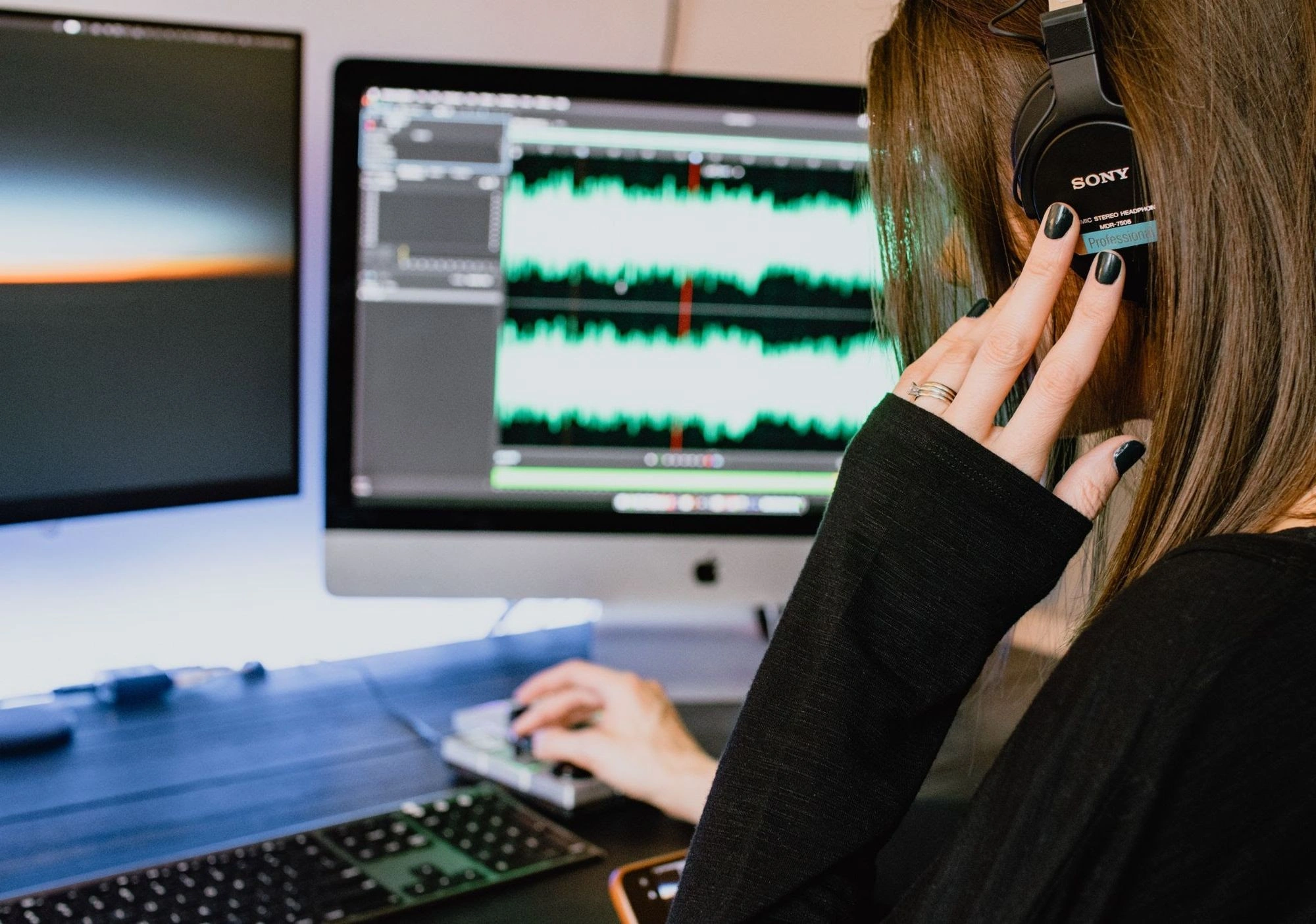
Microcasting solves the issues of running out of fresh content. As a rough example, the time you usually spend recording one podcast can produce 3-4 separate microcasts. As a result, micro casters get in touch with their audience more frequently and publish new episodes every day.
Also, people are more inclined to share short materials on social media compared to longer ones. This is one more reason why recording a microcast can provide you with better opportunities to make your show popular.
I want to start microcasting; what should I do differently from podcasting?
Generally, the technical side of the content production is the same, both for podcasts and microcasts. Here, the emphasis is more on how you should organize the distribution of your content.
Although there is no such a fixed rule, generally, it’s more likely that you have microcasts that are part of a continuous series. For example, it would be great if you have around 10-15 episodes dedicated to the same topic.
That’s why one of the most critical differences between podcasting and microcasting is that you should choose topics that will allow you to create regularly refreshed content. You should be able to engage your listeners on the same wave for at least some periods.
Master the art of short and sweet
Delivering a valuable idea when you have limited time is always more difficult than when you can talk about it for as long as you want. That’s one of the core differences between podcasts and microcasts.
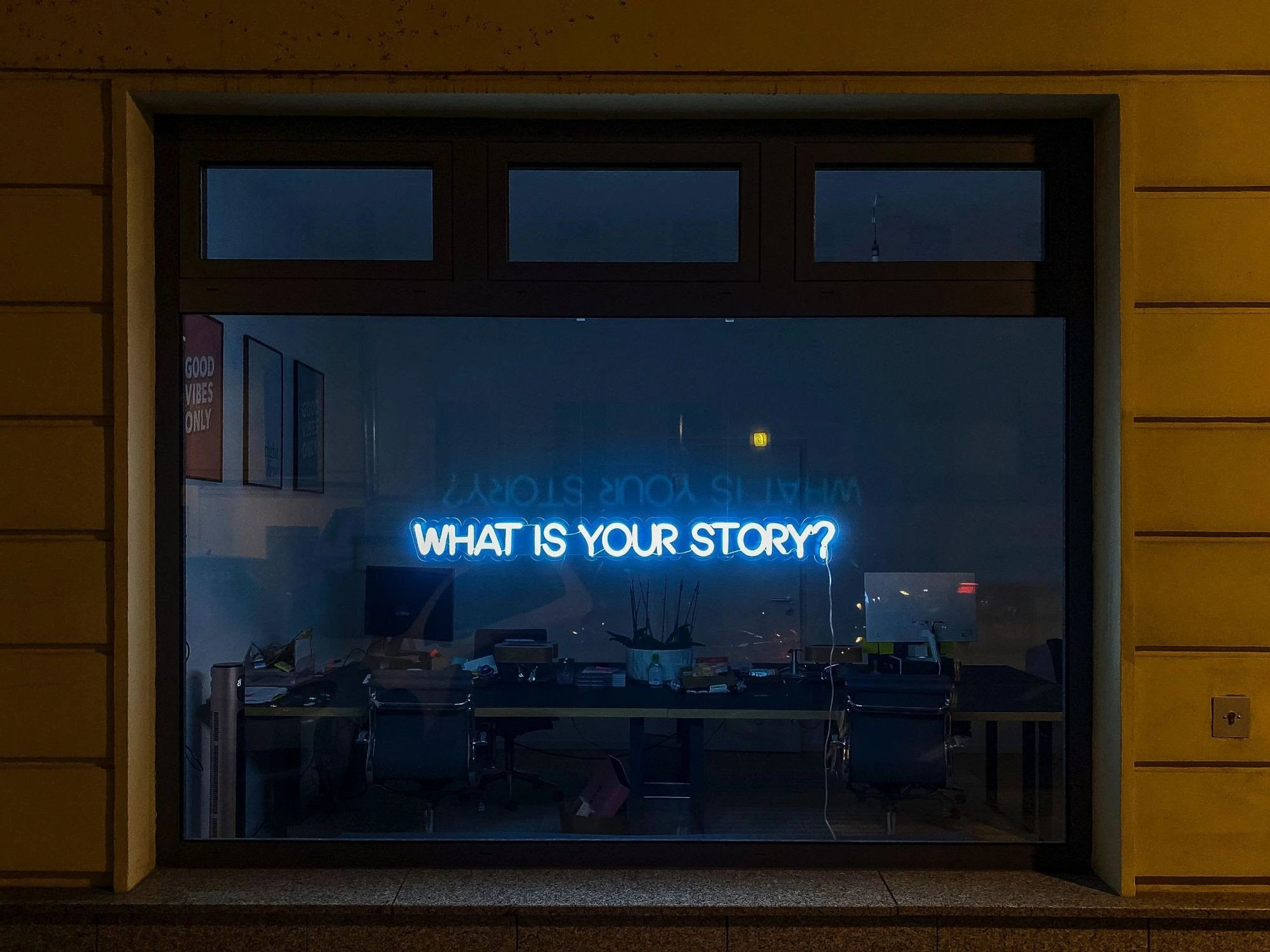
If you decide to start microcasting, you should practice being short and sweet. Recording short shows demand a different style of scriptwriting and recording. Also, the audio Editing should be such that yourepisodes sound more dynamic and concentrate much information in less time.
Smart speakers — microcasts’ best friends
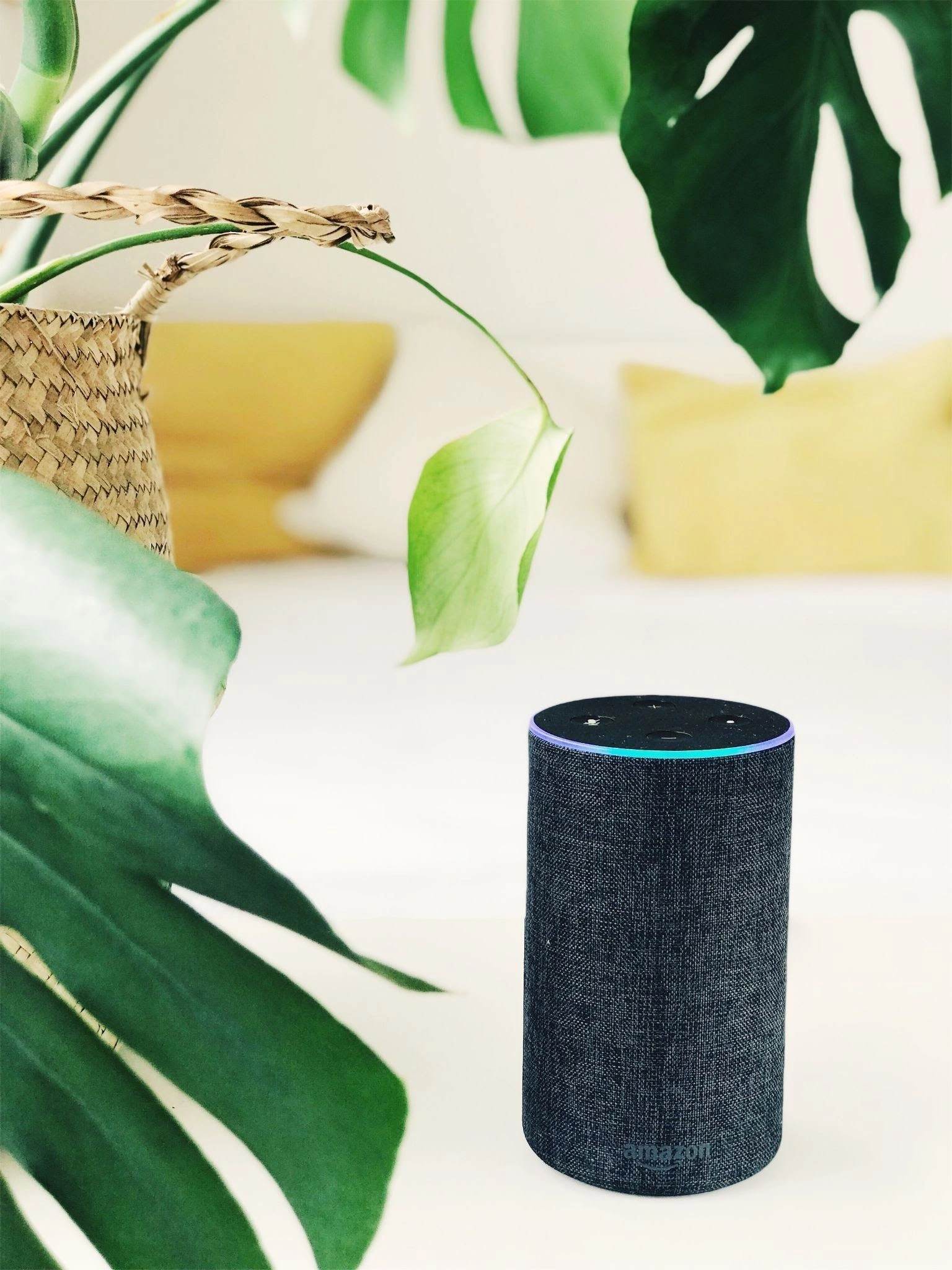
Many industry specialists draw parallels between the popularization of smart speakers and microcasts.
Generally, you do not need to do something specifically different with your microcast recording to consume more smart speakers. However, you should keep in mind that smart speaker users are one of your biggest targets and try to suit the style of information they would like to listen to when waking up in the morning or coming back home in the evening.
As you see, it’s not hard at all
Microcasts should not be a big deal for those who have experience in a podcast. Considering the few steps described above are totally fine to have a successful micro casting channel.
If you are new to audio recording, you can start your journey with us in Podcastle. It’s a quick and fast audio-producing software that does not require any equipment or professional skills to produce high-quality microcasts every day.
If you have a laptop and an Internet connection, you are fully equipped to use the Podcastle features: Online recording and Editing of what you recorded.
Most importantly, you can have short interviews as a format for your microcasts. Recording something alone or recording it with a guest will take the same time and effort from you with Podcastle.
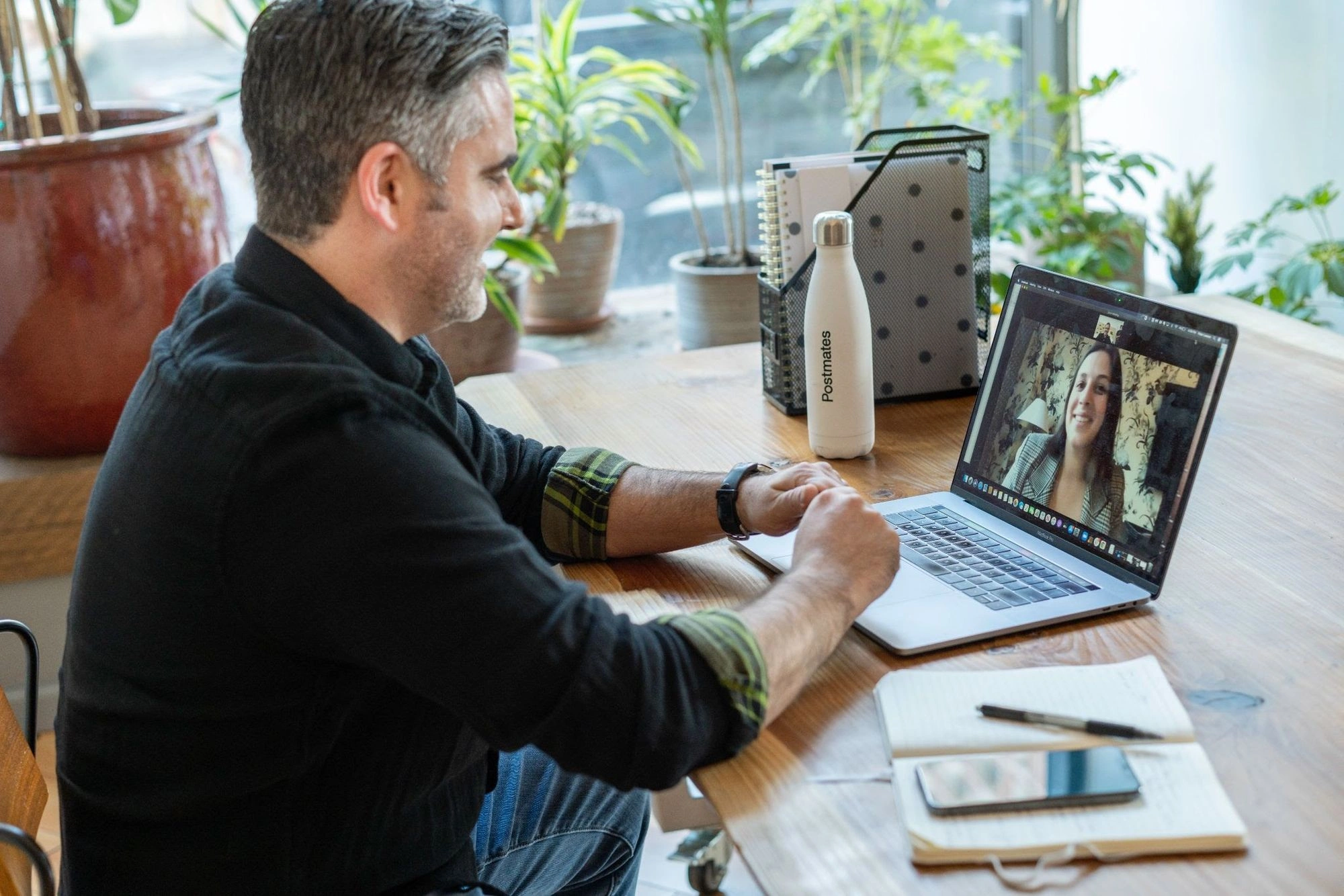
Check the recently introduced tool for recording remote interviews with anyone from anywhere, where you and your guests do not have to install anything. We cared for the most important aspect of remote interview recording: the difference in interview participants’ audio quality.
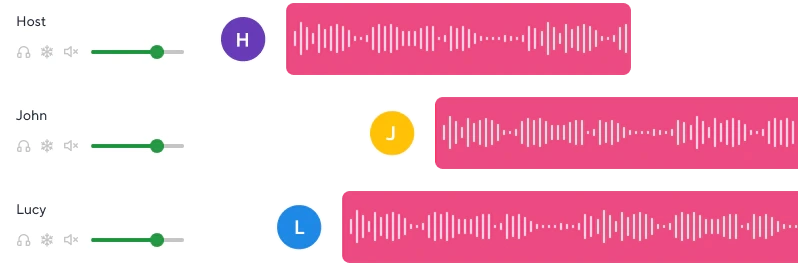
With Podcastle, you can quickly polish the recorded audio and create a natural impression as though you were sitting in the same room with your guest.
